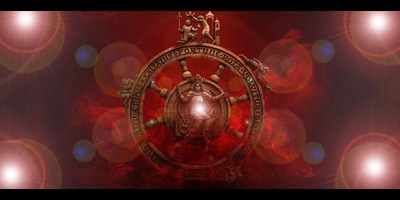
“Carmina Burana”- Carl Orff
October 16 @ 8:00 pm
Conductor: Ivan Eminovikj
Concert master:
Choir master: Jasmina Gjorgjevska
Accompanists: Elena Siljanoska, Janinka Nevcheva,Andreja Naunov and Jordan Petrushevski
Stage managers: Dragan Kostadinovikj, Marko Pavlevski
Prompter: Nevena Georgieva
Opera soloists:Soprano: Nade Talevska
Baritone: Blagoj Nacosko
Counter tenor: Denis Dimoski
Performing: Choir and orchestra of the National Opera and Ballet
What is Carmina Burana? Stated in basic terms, it is the ever lasting question about life’s joy, freedom and passion, still sung by traveling students and clergy. The 13th- century eponymous manuscript found in the 1803 in the Bavarian monastery Benedict-beaver was Orpheus inspiration: at last about twenty manuscripts became a concrete written proposal for this musical achievement. The composer does not consider a complete, logical understanding of the various languages: searching the roots of the connections that exists between myth, music and language, he offers understanding in the interplay of all elements and the inevitable physical movement – rhythm. “The clearer and simpler the message – the more direct the end effect is.” The guiding principle of Orpheu’s artistic conviction, the strengths of his sound and rhythm, derive from the experimental Ginter School of Gymnastics, Music and Dance, where he was co-founder in 1924 in Munich. The world of “Carmina Burana” is the desired world realized by the most willing ones. Where the fortune – happiness rules the world, the sun and the god of love have power over all, ever lasting, strong, unbreakable joy. Orpheus music and vision of theatrical magic become part of the ecstasy of the ancient Greek theater: it revives mysteries, rituals, Latin comedy and the folk theater. Carmina Burana has attracted the attention of directors and choreographers all around the world for years because of the appeal of syncretism that radiates as an inexhaustible source of opportunities for new ideas and inspirations.